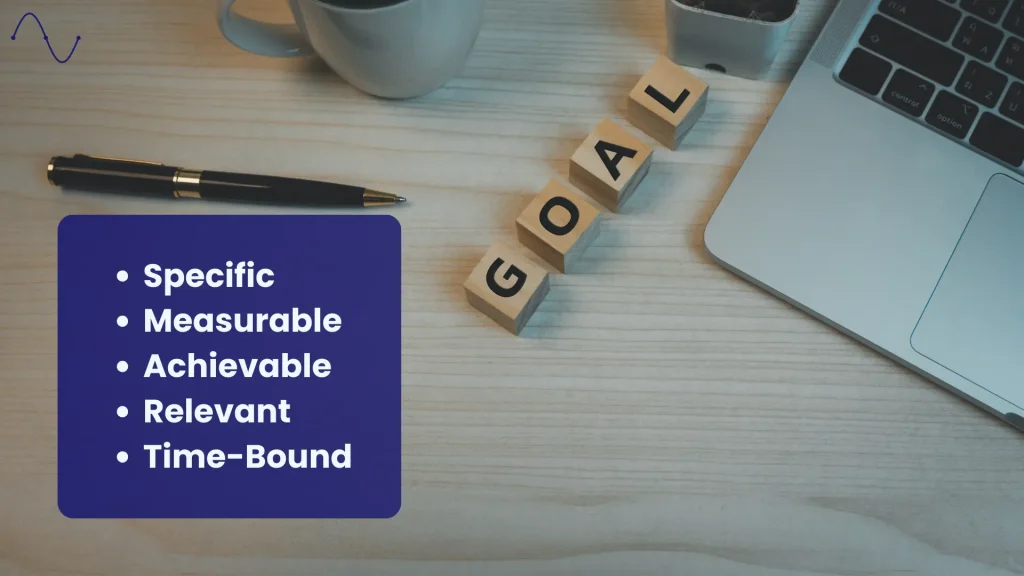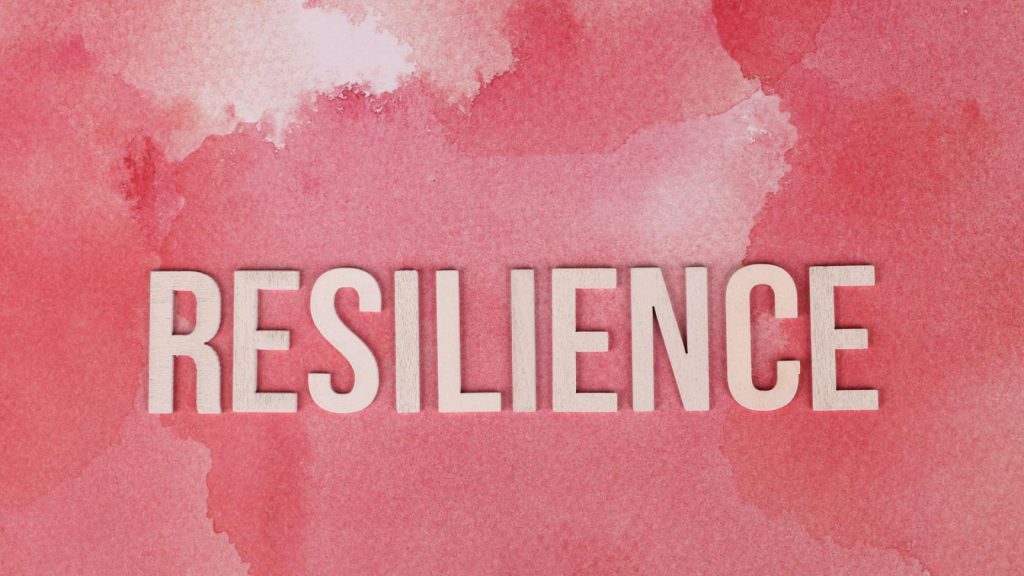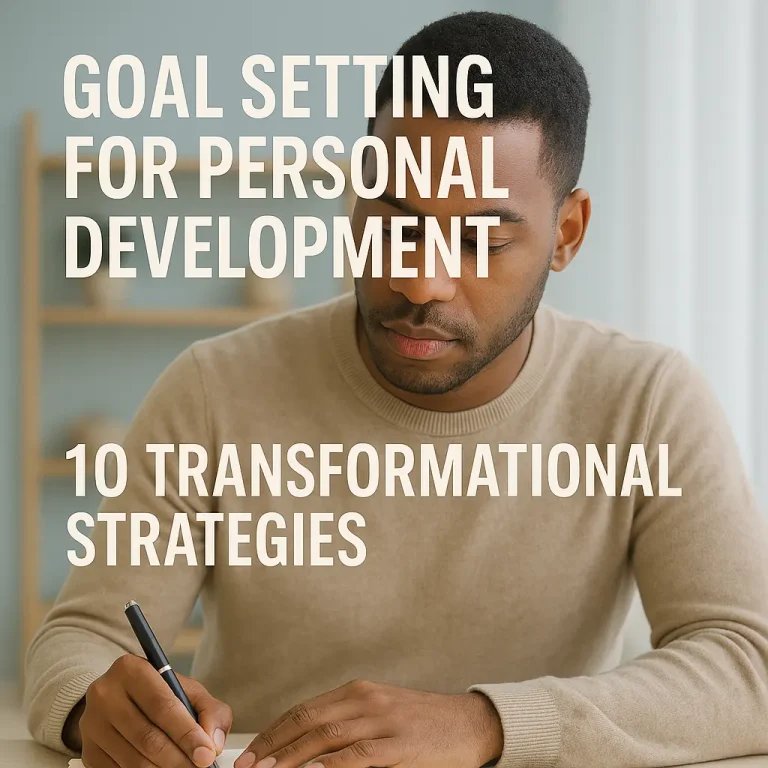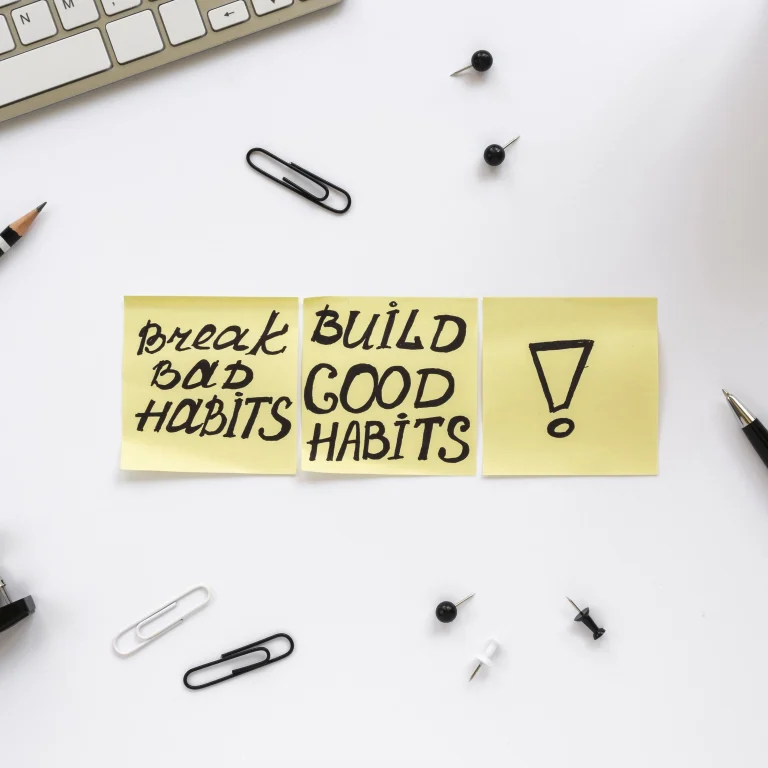You know how success can sometimes feel like a distant dream? It’s like reaching for something that seems just out of grasp. I totally get that. But I’ve found that focusing on a few basic ideas—what I call the “pillars of success”—can really help. These aren’t just vague concepts; they’re practical tips that can make your goals feel more achievable. By concentrating on these pillars, you can build a strong base that supports everything you want to accomplish.
The Foundation of Success
When you think about building a successful life, it’s like constructing a house. You wouldn’t start with the roof, right? I’m not a constructor, but even I know that you need a solid foundation first.
Just like that, the pillars of success I’m going to talk about in this blog are foundational elements of a successful life. They’re like keys that support everything else you want to achieve. Without these pillars, it’s easy to feel lost or overwhelmed.
So, let’s dig into these essential elements and see how they can help build your path to success.
11 Important Pillars of Success
Think of the pillars of success as the building blocks of a fulfilling life. Just like a house needs strong beams to stay upright, your path to success needs these foundational elements to guide and support you.
In this section, I’ll walk you through each of the 11 essential pillars. Each one serves a unique purpose, helping you create a balanced and successful life.
Each of these pillars is like a building block. Together, they create a sturdy structure that supports your goals and helps you navigate through life’s ups and downs. Let’s break them down one by one and see how each one contributes to your success journey.
1. Clear Vision
Imagine setting out on a trip without a map or GPS. You’d likely feel lost and unsure of your destination, right? That’s why having a clear vision for your life is so crucial. It’s like having a map that guides you, making sure you don’t end up lost or off track. As Peter Drucker famously said, “The best way to predict the future is to create it.”
A study by the Dominican University of California found that people who set specific goals are 10 times more likely to achieve them than those who do not. This just goes to show how vital it is to have a clear vision of what you want.
Here’s how to develop a clear vision:
- Define Your Goals: What’s on your bucket list? Think about what you really want to achieve, both now and in the future. Be as specific as you can.
- Visualize Your Success: Picture yourself reaching those goals. What does it look and feel like? This mental snapshot can be super motivating.
- Set Milestones: Break down your big vision into smaller, achievable steps. It’s like planning a road trip with pit stops along the way.
- Stay Flexible: Sometimes, your vision might need a little tweaking. And that’s okay. Life changes, and so might your goals.
- Reflect Regularly: Check in with yourself from time to time. Make sure your vision still feels right and makes you excited.
When I finally got a clear picture of what I wanted to do with my career, it was like a weight lifted off my shoulders. Everything started falling into place, and I felt like I had a real direction. It’s all about having that map—trust me, it makes a world of difference!
2. Goal Setting

So, you’ve got your vision. Awesome! But how do you turn that vision into reality? That’s where goal setting comes in. Think of goals as the steps you take on your journey. Without them, it’s easy to feel like you’re just wandering around.
Research from the American Society for Training and Development shows that people who set goals and write them down are 42% more likely to achieve them. This statistic really highlights the power of goal setting.
Here’s how you can get started with setting goals:
- Get Specific: Don’t just say, “I want to be successful.” What does success look like for you? Maybe it’s landing a new job, starting a project, or learning a new skill. Get down to the nitty-gritty.
- Break It Down: Big goals can be overwhelming. Break them into smaller, manageable tasks. It’s like eating a giant pizza—one slice at a time.
- Set Deadlines: Give yourself a timeline. When do you want to achieve each milestone? Deadlines keep you motivated and on track.
- Stay Accountable: Share your goals with someone you trust. They can help keep you accountable and offer support along the way.
- Celebrate Progress: Don’t wait until you hit your big goal to celebrate. Recognize and reward yourself for the small victories too.
Also we have this free goal setting cheat sheet for you, give it try!
When I set my first major goal, I was nervous but excited. I broke it into smaller steps and set deadlines. It felt less like a mountain to climb and more like a series of manageable hills. It’s all about making the process feel doable and celebrating every step forward.
3. Self-Discipline
So, you’ve got your vision and goals in place. Now, how do you make sure you’re actually moving toward them? That’s where one of the pillars of success, self-discipline comes into play. It’s the thing that keeps you on track when you’d rather be doing anything else.
Jim Rohn summed it up well: “Discipline is the bridge between goals and accomplishment.”
Here’s how you can build self-discipline:
- Create Routines: Create stickable habits that push you toward your goals. It’s like brushing your teeth—just something you do without thinking about it.
- Set Boundaries: Keep distractions at bay. Maybe that means putting your phone on “Do Not Disturb” while you work or finding a quiet place to focus.
- Be Consistent: Try to stick to your routines even when you’re not in the mood. The more you practice, the easier it becomes.
- Reward Yourself: Treat yourself when you hit milestones or stick to your plan. It makes the process more fun and keeps you motivated.
- Learn from Slip-Ups: Everyone has off days. When you mess up, just figure out what went wrong and adjust your strategy. It’s all part of the game.
Self-discipline isn’t about being perfect. It’s about making progress and sticking to your plan, even when it’s tough. It’s like having a little inner coach cheering you on!
4. Continuous Learning
Okay, let’s chat about continuous learning. This might sound a bit geeky, but hear me out. Lifelong learning is like keeping your brain in shape. Just like your body needs exercise to stay fit, your mind needs new information and skills to stay sharp. Albert Einstein once said, “The more I learn, the more I realize how much I don’t know.”
Research published in Psychological Science shows that engaging in continuous learning can improve cognitive function and delay the onset of age-related memory decline. That’s a pretty compelling reason to keep learning!
Here’s how you can keep learning:
- Read Regularly: Dive into books, articles, or blogs related to your interests or goals. It’s like adding new productivity tools to your mental toolbox.
- Take Courses: Enroll in online courses or workshops. They can offer structured learning and expose you to new ideas and skills.
- Seek Feedback: Don’t shy away from constructive criticism. It’s a great way to learn and improve.
- Explore New Hobbies: Trying out new activities or interests can spark creativity and give you fresh perspectives.
- Join Discussions: Engage in conversations with people who have different viewpoints. It’s a great way to challenge your thinking and learn something new.
Keeping your brain engaged and curious can open up new opportunities and keep you moving forward. Plus, it’s pretty rewarding to see how much you can grow and evolve over time!
5. Resilience

Let’s talk about resilience. Life is full of ups and downs, and resilience is what helps you bounce back when things don’t go as planned. It’s like having a rubber band inside you that keeps you from breaking when you’re stretched thin.
“The greatest glory in living lies not in never falling, but in rising every time we fall,” said Nelson Mandela. This captures the essence of resilience beautifully.
Here’s how to build resilience:
- Stay Positive: Focus on the positives, even in tough situations. It’s about finding the silver lining and keeping a hopeful outlook.
- Accept Change: Understand that change is a part of life. Being flexible and adapting to new circumstances helps you stay resilient.
- Build Strong Connections: Surround yourself with supportive friends and family. A strong support network can make all the difference when you’re facing challenges.
- Take Care of Yourself: Physical health can impact your resilience. Eat well, exercise regularly, and get enough sleep to keep your body and mind strong.
- Learn from Experience: Every setback is a learning opportunity. Reflect on what happened, what you learned, and how you can use that knowledge moving forward.
I’ve had my share of setbacks, and each time I’ve learned something new about myself and how to handle adversity. It’s not about avoiding failure; it’s about getting back up and trying again, stronger and wiser than before.
6. Adaptability
You know, life throws curveballs all the time. Adaptability is about rolling with the punches and staying flexible. Think of it like being a chameleon, blending into your surroundings to thrive.
Here’s how you can become more adaptable:
- Stay Open-Minded: It’s easy to get stuck in our ways, but being open to new ideas and approaches can make a big difference. Like, remember when you decided to try that new workout routine? At first, it felt weird, but now you love it.
- Embrace Change: Change can be scary, but it’s also a chance to grow. Instead of fighting it, try to see it as an opportunity. When I had to switch jobs unexpectedly, it ended up being the best thing that happened to me.
- Be Proactive: Anticipate changes and prepare for them. It’s like keeping an umbrella in your bag just in case it rains. You’re not caught off guard, and you’re ready for whatever comes.
- Develop Problem-Solving Skills: Get comfortable thinking on your feet. When unexpected challenges pop up, having a few go-to problem-solving strategies can save the day.
- Stay Calm Under Pressure: Practice mindfulness or other stress management techniques. Staying calm when things get tough can help you navigate through any storm.
I remember when I had to switch careers unexpectedly. At first, it felt daunting, but by staying open-minded and proactive, I was able to find a new path that suited me even better. It’s all about seeing change as an opportunity rather than a threat.
7. Time Management
Managing time effectively is like having a superpower. We all get the same 24 hours in a day, but how you use them can make a huge difference in achieving your goals.
Here’s how to get better at time management:
- Prioritize Tasks: Figure out what’s most important and tackle those tasks first. It’s like eating your veggies before dessert.
- Set Deadlines: Give yourself a timeline for each task. Even if it’s a self-imposed deadline, it helps keep you on track.
- Break Tasks Into Smaller Steps: Big projects can feel overwhelming, so break them down into smaller, more manageable steps. It’s like building a puzzle one piece at a time.
- Eliminate Distractions: Identify what tends to distract you and find ways to minimize those interruptions. Maybe it’s turning off notifications or setting specific times to check emails.
- Use Tools: There are plenty of tools and apps out there that can help you stay organized and manage your time better. Find what works best for you, whether it’s a planner, a to-do list app, or calendar reminders.
I’ve found that when I plan my day and stick to a schedule, I’m way more productive. It’s all about making the most of your time so you can achieve your goals and be more productive in your life.
8. Positive Mindset

Having a positive mindset can really change how you approach life. It’s like putting on a pair of glasses that makes everything look a little brighter and more manageable. We all have those days when nothing seems to go right, but a positive outlook can help you push through.
Here’s how to cultivate a positive mindset:
- Practice Gratitude: Take a moment each day to think about what you’re thankful for. It’s a small habit that can make a big difference.
- Surround Yourself with Positivity: Spend time with people who lift you up and inspire you. Their energy is contagious.
- Challenge Negative Thoughts: When negative thoughts creep in, question them. Are they really true? Often, they’re just our mind playing tricks on us.
- Focus on Solutions, Not Problems: When faced with a challenge, try to shift your focus to finding a solution rather than dwelling on the problem.
- Take Care of Yourself: Physical health and mental health are connected. Exercise, eat well, and get enough sleep. When you feel good physically, it’s easier to stay positive mentally.
I remember a time when I was overwhelmed with a project at work. Instead of getting bogged down by stress, I decided to focus on what I could control and what I was grateful for. It made a huge difference, and I was able to get through it with a much better attitude. It’s amazing how a shift in perspective can change everything.
9. Persistence
You know, sticking with something even when it gets tough is crucial. Persistence is like a marathon, not a sprint. You’ve got to keep going, one step at a time, even if you hit a few bumps along the way.
Here’s how to build persistence:
- Set Clear Goals: Knowing what you’re aiming for makes it easier to stay on track.
- Break It Down: Big goals can be intimidating. Break them into smaller tasks to keep things manageable.
- Stay Flexible: The road to success isn’t always straight. Be ready to adapt and adjust your plans.
- Keep the End in Sight: Remind yourself why you started and what you’re working towards. Keeping your eyes on the prize can help you push through tough times.
- Celebrate Small Wins: Don’t forget to celebrate your progress, no matter how small. Every little victory gets you closer to your big goal.
10. Networking

Networking can really open doors. It’s all about building relationships that can support you along your journey. Imagine having a bunch of friends who are always ready to help out.
Here’s how to build a strong network:
- Be Genuine: People can tell when you’re being sincere. Build relationships based on mutual respect and genuine interest.
- Offer Help: Networking isn’t just about what you can get. Offer your help and support to others. It’s a two-way street.
- Stay in Touch: Regularly check in with your contacts. It keeps the relationship alive and shows that you value them.
- Attend Events: Go to industry events, workshops, and conferences. They’re great places to meet new people and expand your network.
- Use Social Media: Platforms like LinkedIn are excellent for connecting with professionals in your field. Engage with posts, join groups, and reach out to new contacts.
11. Giving Back
You know, giving back isn’t just about making donations or volunteering. It’s about making a real impact and helping others in ways that feel meaningful to you. When you give back, you’re spreading good vibes and making the world a bit better.
Here’s how you can start giving back:
- Volunteer: Find a cause you’re passionate about and get involved. Whether it’s helping out at a local food bank or tutoring kids, it’s a great way to make a difference.
- Donate: If you’ve got the means, consider donating to charities or organizations that resonate with you. Even small contributions can have a big impact.
- Share Your Skills: Got a knack for something? Share your skills with others. Whether it’s cooking tips or tech advice, your knowledge can be super valuable.
- Support Local Businesses: Shop local and support small businesses in your community. It’s a win-win—you get great stuff, and you help your neighborhood thrive.
- Be Kind: Sometimes, it’s the little things that count. A smile, a compliment, or just lending a hand can brighten someone’s day.
Giving back feels great, and it’s a fantastic way to connect with others and make a positive impact. It’s not just about what you give but how it makes you—and the world—feel better.
Wrapping Up
So there you have it—the 11 pillars of success that can really make a difference in your journey. Remember, success isn’t a one-size-fits-all thing. It’s about finding what works for you and sticking with it.
Think of these pillars as your toolkit for building a successful and fulfilling life. Whether it’s having a clear vision, staying adaptable, or giving back to others, each one plays a crucial role in shaping your path.
Don’t be too hard on yourself if things don’t always go as planned. Success is a journey with ups and downs. Just keep these pillars in mind, stay persistent, and keep moving forward. You’ve got this!
TL;DR: 11 Pillars of Success Summarized
- Clear Vision: Know what you want and why. A clear vision provides direction and purpose.
- Goal Setting: Break down your big dreams into actionable steps. Goals keep you focused and motivated.
- Self-Discipline: Stay committed to your tasks and routines. Self-discipline helps you stay on track.
- Continuous Learning: Keep acquiring new skills and knowledge. Lifelong learning keeps you growing and adapting.
- Adaptability: Be flexible and open to change. Adaptability helps you navigate unexpected challenges.
- Networking: Build and maintain valuable relationships. Networking opens doors and provides support.
- Resilience: Bounce back from setbacks. Resilience helps you keep going despite difficulties.
- Time Management: Use your time wisely and prioritize tasks. Effective time management boosts productivity.
- Positive Attitude: Stay optimistic and focus on solutions. A positive attitude drives you forward.
- Work-Life Balance: Balance your work and personal life. Maintaining this balance prevents burnout.
- Giving Back: Contribute to others and your community. Giving back enriches both your life and others’.





